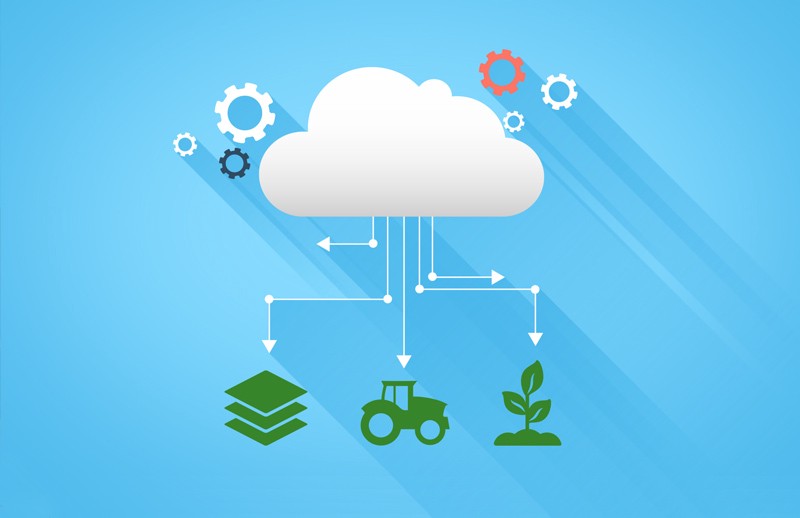To help lower the expense of food and support food security in Africa, Kenya’s Twiga Foods is connecting farmers and vendors throughout the country with fair, trusted, and modern markets
Food security is arguably one of the biggest concerns to be brought under the spotlight by the COVID-19 pandemic. But the daily challenge people across Africa face in putting food on the table is nothing new. In fact, research from the Bureau for Food and Agricultural Policy shows that more than half of South Africans couldn’t afford a basic food basket in 2018.
Francis Mwangi, Information Security and IT Services Manager at Twiga Foods, says the problem is continent-wide, with many African citizens spending 50 to 70 percent of their disposable income on food – largely the result of unstructured retail markets.
But Twiga Foods is proving technology can help solve this challenge. In fact the Nairobi-based company is focused on creating solutions to help farmers get their produce to the market, and to get produce to vendors at a very low cost- ultimately making food less expensive for the population.
Kenya’s first end-to-end food distribution system
Since its launch in 2014, Twiga Foods has focused on building Kenya’s only end-to-end food distribution system, sourcing produce from more than 17,000 farmers and forwarding it on to a robust network of more than 8,000 vendors. At the heart of the company’s offering is a unique digital platform and logistics network—an innovative alternative to existing factory-to-market processes, which can be both costly and inefficient for Kenya’s independent food industry operators.
“At Twiga, our vision is to become Africa’s largest e-grocer, bridging the gaps in African urban food markets through an organized platform for an efficient, fair, transparent, and formal marketplace,” says Mwangi. “We use various tech platforms with our biggest driver being mobile commerce as we work toward bridging the gap between farm to fork.”
In fact, the company’s offering is based on a mobile, cashless platform used to aggregate urban retail demand, offering thousands of vendors convenient one-stop shop ordering. Twiga Foods pays farmers within 24 hours of collection with mobile money, providing increased income visibility and facilitating better financial planning.
Cost-effective tech key to implementation
Developing the right platform at the right price has not been easy, however, particularly given the company’s core focus on cost efficiency. In fact, when Twiga Foods first began operating, it found its technology platform becoming too expensive, and it needed to seek out an alternative—which came in the form of Microsoft 365.
“One of my key projects when I joined Twiga Foods was to spearhead the migration to Microsoft 365,” Mwangi explains. “We realized we were spending too much on our previous platform. We were also spending a lot of money on third party applications. Through its 4Afrika initiative, aimed at supporting digital access and innovation across Africa, Microsoft walked us through the whole journey and helped us understand the business productivity tools that we could use to make our lives easier.”
Twiga Foods has also managed to reduce costs by using tools like Microsoft Power Apps. “We’ve saved money as we’ve been able to develop various applications internally,” explains Mwangi. “We want to continue to make use of disruptive technologies such as AI, IoT, and Blockchain to automate our processes at our Pack House and intend to explore how the partnership with Microsoft can facilitate this.”
He says the next step in the company’s plan is to expand throughout Kenya. “From there, we want to move into West Africa and other African cities. You can’t avoid moving to the cloud and there’s no better partner than Microsoft to take you through the change. We feel the migration to Microsoft 365 came just at the right time,” he concludes.


